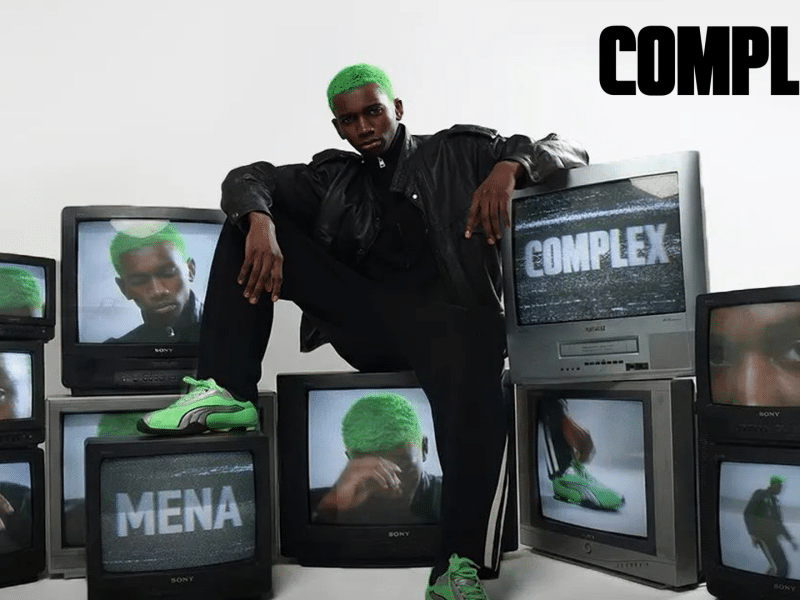So, you’ve finally obtained your NMC influencer marketing license from the national media council (or from a micro-influencer agency like Live Unite). Now what?
While most content creators and influencers operation in the UAE are aware they need to be licensed in order to operate legally, there are still other rules and regulations they need to abide by when sharing content with their audience.
We chatted to local Attorney-At-Law Diana Hamade to find out all about the legalities surrounding sharing sponsored content.
Check it out below and let us know if you have any questions in the comments.
Is it always necessary for influencers to disclose that they are being paid to advertise the product by a brand?
Advertisements are basically a process to call for public attention for a product or service. The first question here is whether influencers using social media are carrying out a business transaction and whether their posts are a form of advertising. Under the UAE Commercial Transactions Law, any activity resulting in a profit is rendered a business which follows in legal repercussions and liability subject to the applicable provisions of the relevant laws. The fact that the influencer is convincing the consumer to buy a product, the business activity is rendered an advertisement and generally, advertisements must comply with the relevant advertising standards and consumer protection legislation in each jurisdiction in which they are published/posted.
Where does the UAE stand regarding these legal guidelines?
The United Arab Emirates has its own rules and regulations specific to advertisements. Advertisements are not regulated by a single entity; they are regulated by numerous laws such as the Printing and Publication law, National Media Council regulations, Cybercrime law and laws governing consumer protection and commercial activities, particularly in relation to anti-competitive practices and illegal monopolies.
While, I could not find anything explicit in the local law relating to disclosure of profits in advertising, as such business is presumed to be carried out for profit – disclosing this profit may soon be required legally, although it is not explicitly mandatory yet.
Does an influencer legally own the rights to the sponsored content they produce in the UAE?
Because advertising runs a high risk of being considered as having misleading content, and the authorities are highly discretionary as to whether the advertisement has violated the law and is considered either offensive or misleading.
Therefore, in the UAE in particular, influencers are rendered the owners of their sponsored content. The influencers may also own the rights to their content commercially if they agree with the brand such an arrangement. Otherwise, they may be acting in an agent capacity, and the laws applicable to an agency may prevail.
Generally speaking, producers and advertisers must always bear in mind that, unless they have developed and produced every element of the campaign themselves, they may be infringing another person’s copyright by using music, images or clips without a proper licence.
And these same rules apply for all online campaigns?
Yes. All online campaigns must still comply with all the laws that relate to advertising. Additionally, the Cybercrime law may become relevant if there was a criminal aspect in broadcasting an advert. For example, gambling is prohibited in the UAE and, under the cybercrime laws, the advertising of gambling online would lead to severe penalties. When it comes to publication in any media, it is important to take a ‘helicopter’ view and be aware of all potential pitfalls including potential criminal implications.
Who is liable for the branded post if a product is deemed illegal or dangerous? The brand or the influencer?
Civil liability under UAE law is either a matter of contract or tort. A tort is a civil wrong that is not contract based. For example, negligence is a type of tort-based liability. Unlike tort-based liability, contractual liability can be excluded or limited, subject to certain exceptions.
The contract between the influencer and the brand can protect the influencer from liability to the consumer if it’s within the cap of consensual exceptions. As contractual liability is formed by contracting parties entering into contracts, the contracting parties may agree on a liability cap. If the contracting parties agree to exclude certain claims from this liability cap, such agreement would be enforceable, where the influencer can go back on the brand for compensation and damages.
As a general rule, a tort-based claim cannot be invoked where there is a contractual relationship between the concerned parties. The exception would be in cases of fraud and gross breach of duty. Fraud or gross breach of duty amounts to a breach of legal duty which triggers the application of tort-based liability, notwithstanding the existence of a contract.
Finally, what are the basic guidelines to include in an influencer marketing contract?
Liability, pay, confidentiality, dispute resolution, indemnity, termination. As regular social media users, in an influencer’s case, it might be a good to review the systems they have in place if they have a business set up. I would recommend they cover website legal policies, a social media and digital communications policy and image rights and privacy. That’s the best start!
Diana Hamade is an Attorney At Law for UAE Courts & DIFC Courts and Founder & Managing Partner of International Advocate Legal Services




